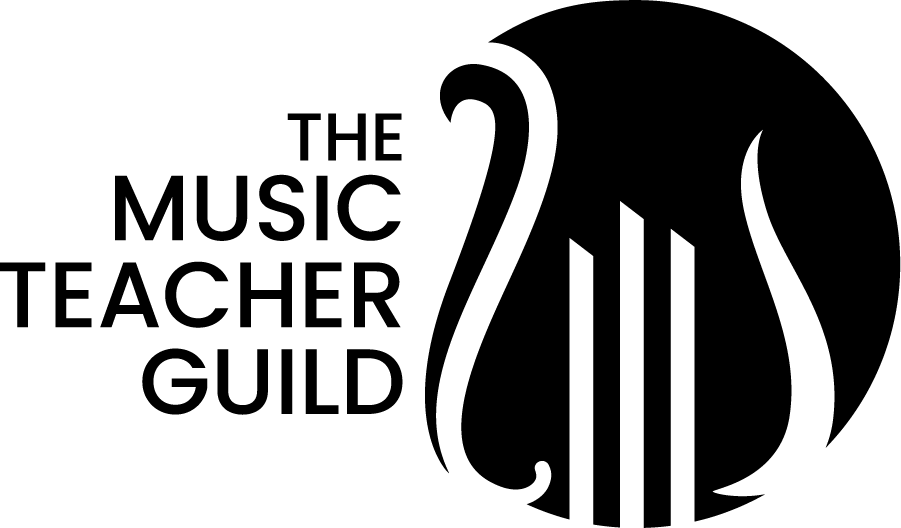Guide to Online Piano Teacher Certification
In the evolving world of music education, becoming a certified piano teacher is an essential step toward advancing your career and providing the highest quality instruction. With the rise of online certification programs, it’s easier than ever for busy educators to pursue professional credentials without leaving home. Imagine logging into a virtual classroom, taking part in advanced teaching methods, and emerging with the skills and certification needed to boost your credibility and open new doors in the teaching world. Whether you’re new to teaching or an experienced instructor, online piano teacher certification offers a flexible, accessible, and powerful way to grow as an educator.
Why Choose Online Certification for Piano Teachers?
Flexibility for Busy Teachers
One of the greatest advantages of pursuing a piano teacher certification online is the flexibility it provides. Many piano teachers are already balancing busy schedules, teaching students, managing recitals, and handling day-to-day tasks. Finding time for professional development can be challenging. Online certification programs are designed to fit into your life without disrupting your teaching routine. You can study at your own pace, during evenings, weekends, or any time that works best for you. This flexibility allows teachers to grow professionally without sacrificing their current commitments.
Accessibility from Anywhere
Online certification programs eliminate the need to travel to specific locations or adhere to a rigid schedule. Whether you're living in a remote area or a busy city, online learning allows you to access high-quality certification programs from anywhere with an internet connection. This accessibility has opened up opportunities for aspiring piano teachers worldwide, breaking down geographic barriers that previously made professional certification difficult to achieve.
With online platforms, you can participate in video lessons, complete assignments, and take exams all from the comfort of your home or studio. This convenience not only saves time but also reduces costs associated with travel and accommodation.
The Online Certification Process for Piano Teachers
What to Expect from Online Piano Teacher Certification Programs
Online piano teacher certification programs typically combine theory and practical elements, ensuring that educators have a well-rounded foundation in both musical knowledge and teaching skills. While each program varies slightly, most include key components such as:
Music Theory and Piano Pedagogy: Learning essential music theory concepts and how to effectively teach them to students of varying ages and abilities.
Teaching Methodologies: Understanding different pedagogical approaches to piano teaching, from traditional methods to modern, innovative strategies.
Practical Piano Skills: Proficiency in piano performance, including sight-reading, technique, and repertoire suitable for various levels.
Lesson Planning and Student Assessment: Developing the ability to create effective lesson plans and track student progress to ensure steady improvement.
Final Assessments and Certification Exams: Some programs include performance-based exams, written assessments, and video submissions of teaching demonstrations to evaluate your mastery of the subject.
Many programs also provide access to digital resources such as instructional videos, interactive quizzes, and community forums where you can engage with other aspiring piano teachers.
Step-by-Step Guide to Getting Certified
Research Certification Programs: Start by identifying the best online piano teacher certification programs that align with your goals. Look for accredited institutions or recognized platforms that provide comprehensive coursework and support.
Enroll in the Program: Once you've found the right program, enroll and set up a schedule that works for you. Most online certification platforms will guide you through the registration process and provide access to the required materials.
Complete the Coursework: During the program, you'll complete a combination of practical exercises, theoretical lessons, and teaching practice. Set aside dedicated time each week to study, practice, and submit assignments.
Prepare for Final Exams: After completing the required coursework, you'll likely face an exam or series of assessments to test your piano skills and teaching knowledge. This might include both written tests and performance-based evaluations.
Receive Your Certification: Upon passing the exams, you'll receive your official certification, signifying that you've met the standards required to teach piano professionally. Congratulations! You're now a certified piano teacher.
Benefits of Becoming a Certified Piano Teacher
Enhanced Credibility and Job Opportunities
One of the primary reasons for pursuing certification is the enhanced credibility it provides. Parents and music schools often seek out teachers who hold formal qualifications, as this reassures them that their children are receiving high-quality instruction. A certification also serves as a professional stamp of approval, showing that you have undergone formal training and are equipped with the skills necessary to guide students toward success.
Certification can also open doors to more job opportunities. Many music schools, academies, and online teaching platforms require certification as a prerequisite for hiring. Whether you want to teach privately, join a prestigious music institution, or even expand your reach by offering online lessons, certification increases your chances of landing high-paying, rewarding teaching positions.
Improving Piano Teaching Techniques
Certification programs don't just focus on piano performance—they emphasize teaching techniques that help students learn more effectively. You’ll explore various ways to engage students, keep them motivated, and tailor lessons to fit different learning styles. This knowledge enables you to become a more versatile and effective teacher, capable of adjusting your approach to meet the needs of individual students.
Through certification, you’ll also learn how to structure lessons to maximize student progress, from beginner levels to advanced repertoire. This ensures that your students receive a well-rounded musical education, setting them up for success in exams, competitions, and performances.
Conclusion
Becoming a certified piano teacher through an online certification program is an excellent way to enhance your teaching career, grow your skill set, and provide your students with the best possible instruction. The flexibility and accessibility of online certification programs make it easier than ever to gain professional recognition and improve your teaching methods, all while continuing to do what you love—teaching piano.
Whether you’re just starting or looking to solidify your credentials as a seasoned educator, online piano teacher certification offers a convenient, cost-effective path to professional growth. So why wait? Begin your journey toward certification today and take your piano teaching career to the next level!

